 Hugo
Hugo
Year: 2011
Rating: PG
Length: 126 minutes / 2.10 hours
Enchanting. Charming. Magical. After re-watching this film again, I can still confirm Hugo (2011) legitimately earned all its technical Oscars, even if it didn’t end up winning Best Picture. Ironically enough, this American movie about the origins of French film lost out to a French movie about the origins of American talking pictures (i.e., The Artist (2011)). Of course, the more surprising aspect of this film was how Martin Scorsese was able to make such an entertaining (and family-friendly) film that didn’t involve the mafia at all.
Personally, as an avid lover of classic films, I enjoyed the romanticism related to the earliest of film magicians. Scorsese’s love letter to the origins of cinema—and the masters of their craft like Georges Méliès (Ben Kingsley)—is a stark reminder of how much we’ve lost of cinema’s heritage due to external events that forced the artistic community to abandon their art. The amount of experimentation and inventive special effects at the turn of the 20th century are still awe-inspiring, and Hugo gives a brief glimpse behind the scenes for how artists like Méliès achieved them.
Of course, the Méliès storyline is only half of this film, as the other half is filled with plenty of amusing sub-plots that swirl around the titular Hugo Cabret (Asa Butterfield). Inevitably, it’s the people of the train station, whose lives intertwine with the numerous passengers just passing through, who gives this movie its heart. All this being said, I’d almost recommend watching this film back-to-back with Méliès’ A Trip to the Moon (1902), along with several other classic silent films that make brief appearances like Intolerance (1916), The Kid (1921), Safety Last! (1923), and Steamboat Bill, Jr. (1928).
Scorsese’s love letter to classic, silent cinema, I give Hugo 5.0 stars out of 5.

